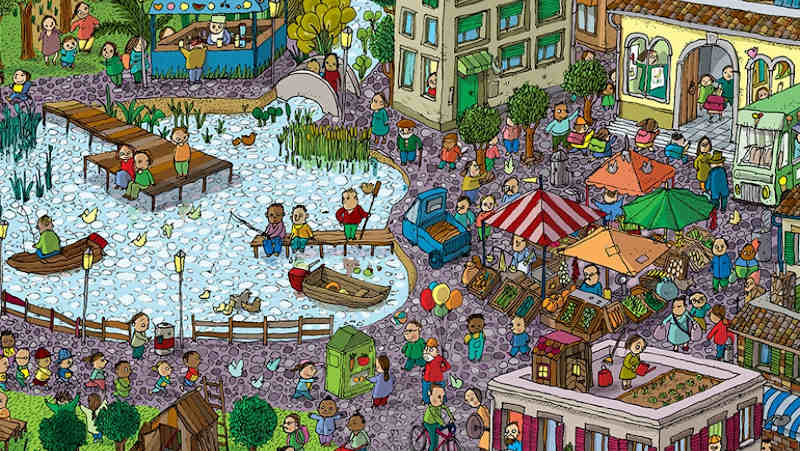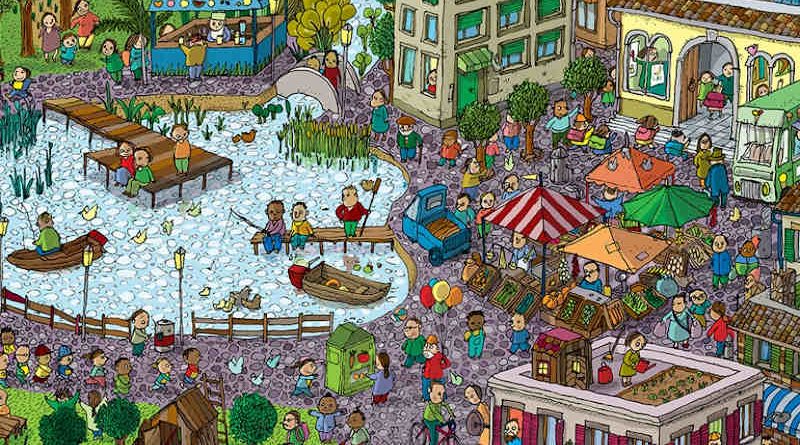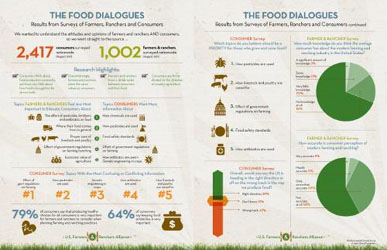FAO Suggests How to Avoid and Reduce Food Waste

Around one third of all food produced for food consumption around the world is either lost or wasted.
The UN Food and Agriculture Organization (FAO) reveals that international cooperation and innovative, climate-friendly technologies are critical to address global food loss and waste which totals more than 1.3 billion tonnes a year.
Around one third of all food produced for food consumption around the world is either lost or wasted. Food loss mainly occurs in developing countries where 821 million people still suffer from chronic malnutrition and also has an impact on climate change.
FAO is working with a broad spectrum of stakeholders and partners to tackle food loss and waste. It is also exploring sustainable solutions to better protect the earth’s ozone layer in line with the Montreal Protocol and its Kigali Amendment.
Meanwhile, FAO has given six tips on how to avoid and reduce food waste:
Be realistic – Plan in advance and don’t prepare food for 50 people if only 5 are coming to dinner.
Freeze leftovers or give them to guests – If you do cook too much food, encourage guests to take some home with them. Whatever is left, put it promptly in the freezer for another day. In general, food should not be left at room temperature for longer than two hours.
Turn the leftover food into the next day’s lunch or dinner – There are many creative recipes on the internet for using leftovers. In fact, several dishes like casseroles, goulash, fattoush, and panzanella started from the desire not to waste fruits, vegetables, or even excess, bread. Make sure that you store any leftovers in the refrigerator and use it as soon as possible.
Finish leftovers before making something new – The instinct to make something different for every meal is quite common, but before cooking a new dish, see if you have anything already prepared and still safe to eat to finish first. Alternatively, turn your old leftovers into a new dish. Just remember to avoid re-heating food and then putting it back into the refrigerator later.
Allow guests to serve themselves – As nice as it is to serve people, a host might not accurately gage how much or how little someone wants to eat, and usually errs on the side of too much. Allowing guests to serve themselves means that they can choose the amount that they would like to eat. (As a food waste tip for guests: when a meal is self-serve, don’t take more than you can eat!)
Donate what you don’t use – If you buy extra cans, dried goods, or other non-perishable food that can be donated, there are many local charities that happily accept these foods. Check out the internet for places near you that accept donations.
💛 Support Independent Journalism
If you find RMN News useful, please consider supporting us.




